Peace in Our Time
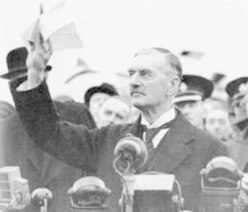
“I believe it is peace for our time. How horrible, fantastic, incredible it is that we should be digging trenches and trying on gas masks here because of a quarrel in a far-away country between people of whom we know nothing.”

“I believe it is peace for our time. How horrible, fantastic, incredible it is that we should be digging trenches and trying on gas masks here because of a quarrel in a far-away country between people of whom we know nothing.”

The population of Bridgwater in 1938 was some 18,000. The depression was hitting this labour intensive rural backwater and although It’s port was ticking over satisfactorily the traditional brickmaking industry was in serious decline. Unemployment was some 2,000 and the shining hope on the horizon was the near completion of the Cellophane factory which was just being built.
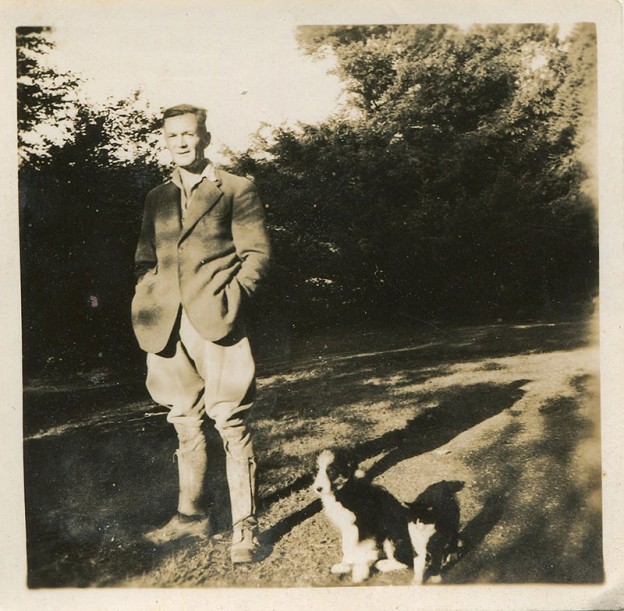
The Left Book Club Chairman Reverend Creswell Naesmyth Webb (vicar of Oare on Exmoor) said “The only chance of getting a progressive Member of Parliament for the Bridgwater division in place of a Conservative was by political collaboration between other parties of a progressive turn of mind”

In September the war threat reached a climax as Hitler renewed claims on the Sudetenland and made aggressive demands on Czechoslovakia. On 14 September the Bridgwater Mercury was full of pictures of ARP in Bridgwater fitting gasmasks. War now looked inevitable. And at this point in stepped Neville Chamberlain. At the 11th hour he flew to Munich and made sufficient concessions to Hitler (at the expense of the Czechs) to put off the war. The Mercury contained the Munich deal in full and reported the worlds plaudits for “Chamberlain the peacemaker ” – church bells rang – thanksgiving for peace were offered in churches all over the country.
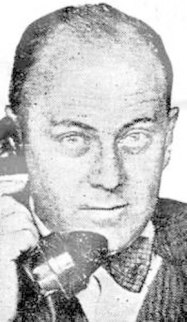
Charles Vernon Oldfield Bartlett was born on April 30th 1894 in Westbury, Wiltshire. Educated at Blundells school,Tiverton, Bartlett joined up but was invalided out of the Army . As a journalist he worked first for the Daily Mail and was subsequently a foreign correspondent for The Times. In 1922 he was appointed director of the London office of the League of Nations and witnessed first hand the rise of Fascism across Europe.
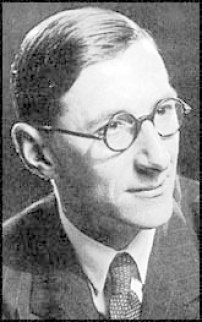
MP for North Devon, Sir Richard Acland had been converted to Socialism through the Left Book Club of Victor Gollancz – in particular a chapter in the works of Keynes which described Capitalism as ‘running on the basis of a Casino’. Strongly committed to ideas of Collective Security, the League of Nations and the Popular Front, Acland was a key mover in creating the conditions for the Bridgwater By-Election after Munich in 1938.
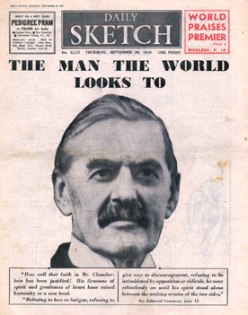
For most of the 1930’s Britain was in the grip of the Great Depression and ruled by a centre-right coalition of all parties. By 1938 this had given way to a clear Conservative domination and although containing some members of other parties – describing themselves as National Labour or National Liberal, the majority of Labour and Liberal party members were regrouping outside of this coalition. It was this Conservative National Coalition that adopted the policy of Appeasement and which went into battle to justify it at the Bridgwater Byelection.
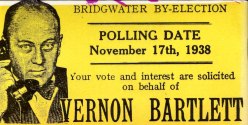
On the Thursday that Bartlett announced his candidacy the Minehead Labour Party announced it’s support was unanimous. “My plea is for a foreign policy based on principle. Every time the government gave way then war came nearer our shores. Since 1931 there has been a policy of concession after concession – Manchuria – Abbysinia – Austria – retreat after retreat!”
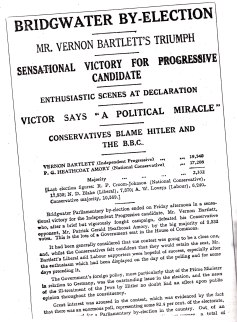
When the polls closed at 9pm the streets were full. People were in no mood to go home and big crowds gathered around each hotel shouting for either candidate, who both appeared at entrances every now and then to acknowledge their supporters. The weather had started with an early morning frost and some fog but gave way to generally fine all day with slight rain in some parts of constituency during the afternoon… accordingly the turnout was massive – Minehead 83% Watchet 87%. Unheard of!
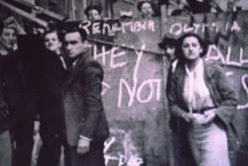
There were six key by-election battles in 1938 all used to challenge the National Government’s policy of appeasement. But mainly they were a battleground for the POPULAR FRONT strategy. The outcome would be critical and historic.